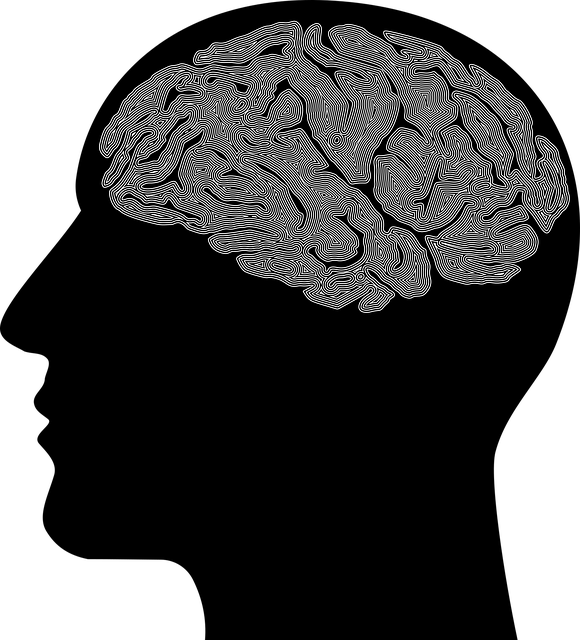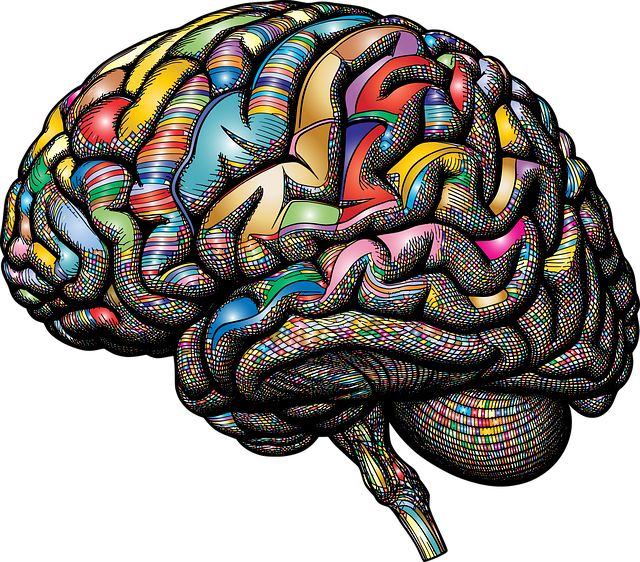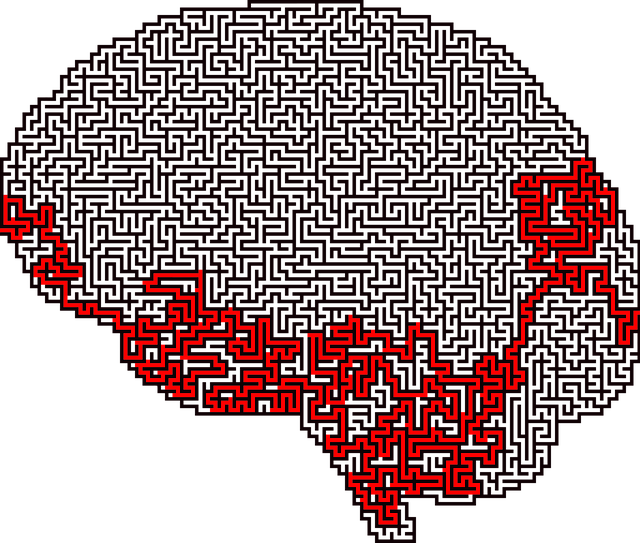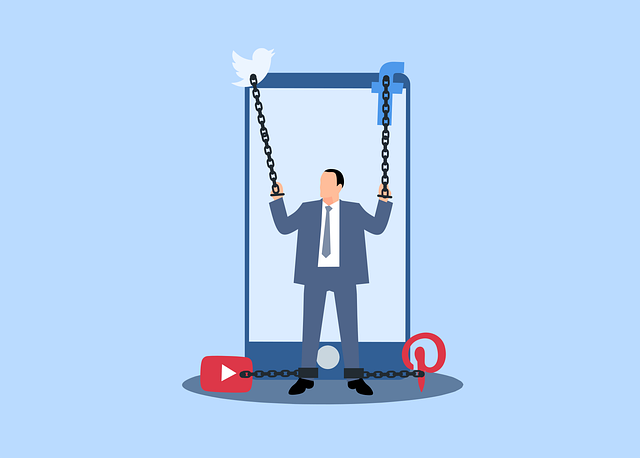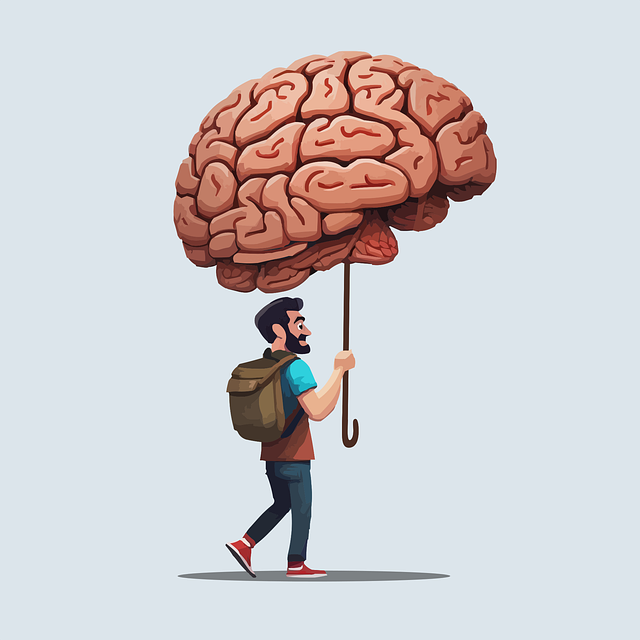Understanding a child's mental wellness involves addressing emotional, psychological, and social factors that impact their daily lives. Early intervention through therapies like biofeedback is crucial for building resilience. Biofeedback techniques teach kids to regulate physical stress responses and provide self-care practices. Self-assessment tools help identify emotional states, guiding professionals to tailor therapy. Digital platforms with biofeedback apps offer engaging, interactive therapy options, addressing unique mental health challenges of children. Recent studies show biofeedback significantly improves mood management and reduces anxiety in children, also benefiting trauma support services.
Mental wellness self-assessment tools are crucial in early intervention for children’s mental health. This article explores the comprehensive development of such tools, focusing on understanding mental wellness and its impact on youth. It delves into the role of self-assessment in identifying issues early, integrating biofeedback techniques to enhance mental resilience, and designing user-friendly therapy platforms tailored for young minds. Through case studies, we demonstrate successful implementations and outcomes, highlighting the transformative potential of these innovative approaches, especially in the context of therapy for children and biofeedback.
- Understanding Mental Wellness and Its Impact on Children
- The Role of Self-Assessment Tools in Early Intervention
- Integrating Biofeedback Techniques for Children's Mental Health
- Designing User-Friendly Therapy Platforms for Young Minds
- Case Studies: Successful Implementation and Results
Understanding Mental Wellness and Its Impact on Children

Understanding mental wellness is paramount when it comes to fostering healthy development in children. Mental wellness encompasses emotional, psychological, and social well-being—it’s about how kids think, feel, and act on a daily basis. Children, like adults, can experience a wide range of emotions and challenges that impact their overall mental health, including stress, anxiety, depression, and trauma. These experiences can significantly affect their ability to learn, interact with others, and navigate the world around them. Early intervention and support are crucial in promoting resilience and healthy coping mechanisms in children.
One effective approach to supporting children’s mental wellness is through therapy, such as biofeedback, which provides a safe space for emotional healing processes. Biofeedback techniques teach kids how to regulate their bodies’ physical responses to stress, offering them valuable self-care practices. Additionally, journaling exercises tailored for mental wellness can serve as a powerful tool for self-expression and reflection. By encouraging children to document their thoughts and feelings, parents and caregivers can gain insights into their emotional states and guide them towards developing effective strategies for managing their mental health—a crucial aspect of overall well-being.
The Role of Self-Assessment Tools in Early Intervention

Self-assessment tools play a pivotal role in early intervention strategies for mental wellness, offering a window into an individual’s emotional and psychological state. These tools are particularly valuable when it comes to therapy for children, as they enable professionals to identify potential issues at an early stage. By assessing a child’s self-perception, emotions, and behaviors, therapists can develop tailored interventions to support their mental health. For instance, incorporating biofeedback techniques in these assessments helps children gain awareness of their bodily responses to stress or anxiety, empowering them with the first step towards managing these feelings.
Furthermore, regular self-assessment can foster resilience building by encouraging individuals to recognize and challenge negative thought patterns and beliefs. Conflict resolution techniques often emerge from this process, promoting healthier coping strategies. As public awareness campaigns gain traction, these tools become increasingly accessible, enabling more people to take proactive measures for their mental wellness.
Integrating Biofeedback Techniques for Children's Mental Health

Biofeedback techniques have emerged as a powerful tool for improving mental wellness in children. By teaching kids to regulate their physiological responses, biofeedback therapy empowers them to gain control over aspects like heart rate and muscle tension, which are often indicators of stress or anxiety. This non-invasive approach is especially beneficial for younger individuals who may struggle with expressing their emotions verbally, as it offers a hands-on method to manage their mental health.
Integrating biofeedback into therapy for children can be tailored to suit individual needs, making it a versatile and effective treatment option. Healthcare providers can incorporate compassion cultivation practices and cultural competency training to ensure sessions are sensitive to diverse backgrounds. By addressing the root causes of stress and anxiety, biofeedback can also play a significant role in mental illness stigma reduction efforts, promoting understanding and fostering healthier minds within communities.
Designing User-Friendly Therapy Platforms for Young Minds

Developing user-friendly therapy platforms tailored for young minds is a revolutionary step in improving access to mental wellness resources. Children often face unique challenges when it comes to expressing their emotions and discussing mental health issues, making traditional therapy approaches less engaging for them. That’s where innovative digital tools like biofeedback apps can make a significant difference. These platforms offer interactive and immersive experiences designed to capture the attention of younger audiences while providing effective therapy.
Integrating features such as colorful interfaces, gamified elements, and simple language ensures that children feel comfortable and motivated during their sessions. For instance, biofeedback apps can teach kids mindfulness techniques through animated stories or games, helping them learn to recognize and manage their emotions. Additionally, social skills training modules within these platforms can foster connection and improve peer interactions, addressing a critical aspect of mental wellness for young individuals.
Case Studies: Successful Implementation and Results

In recent years, there has been a growing recognition of the importance of mental wellness self-assessment tools in various settings, particularly within therapy for children. Case studies have shown that integrating biofeedback techniques into therapeutic practices can lead to remarkable results. For instance, a study conducted at a local clinic focused on using biofeedback to aid children with anxiety disorders. The approach involved teaching kids how to control their physiological responses during stressful situations, fostering a sense of self-awareness and empowerment. After several sessions, participants demonstrated improved mood management skills and reported reduced anxiety levels in daily life scenarios.
Another successful implementation was observed in trauma support services, where biofeedback was employed as an adjunctive therapy for adolescents coping with past traumatic events. This method helped individuals gain better control over their emotional reactions, promoting positive thinking and resilience. The case studies not only highlight the potential of these tools but also emphasize their ability to enhance traditional therapy methods, ultimately contributing to improved mental wellness outcomes for children.
Mental wellness self-assessment tools play a pivotal role in early intervention, especially when coupled with biofeedback techniques tailored for children. By designing user-friendly therapy platforms, we can significantly enhance access to effective mental health support for young minds. Integrating these innovative tools has shown promising results in various case studies, underscoring their potential to revolutionize therapy for children and improve overall mental wellness outcomes.



